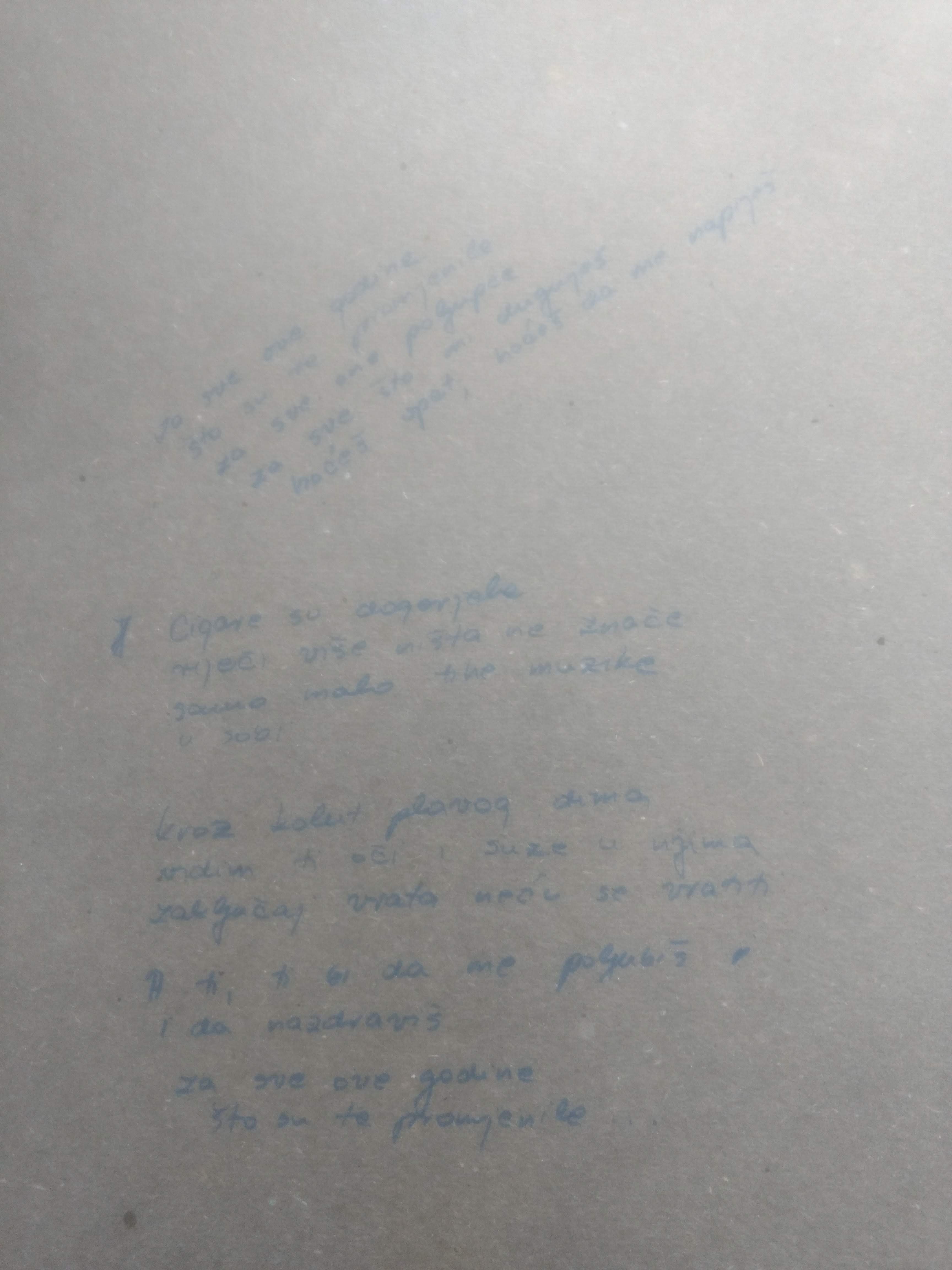I found this cover page on my first trip to the Croatian National Archives. It's a file folder, containing the meeting minutes of the managing board of the Tvornica Papira Hartera Rijeka -- the Rijeka Paper Factory, colloquially called Hartera. At the time, I didn't know what any of that really meant. All I knew was that I was there, finally in Rijeka, finally with some of the boxes that contained the factory records from Socialist Yugoslavia.
It wasn't a given -- you see, nothing is.
Most of Yugoslavia's records weren't lovingly, carefully archived during the political and economic transition from socialism to capitalism. A whole lot of those factory records were packed into boxes, loaded into shipping containers, hitched up to eighteen wheelers, and driven right off the damn pier into the Adriatic Ocean. Other records were left to rot, moulding in basements until they were biohazards or truly forgotten. It's not really a past Croatia hangs onto.
But I was there, and the boxes were there, and the file folders were in the boxes. And on this file folder, someone had -- lovingly? carelessly? -- scribbled the lyrics of a rock song by the band Crvena Jabuka (Red Apple).
Through a cloud of blue smoke
I see your eyes and tears in them
Close the window, it will rain tonight
And you, you'd like to kiss me
And drink to...
To all these years
Which changed you
It's a breakup song from the late 1980s. The archivist who put these folders together may have been working during those final years of austerity that ballooned into political crisis and Civil War; or maybe these were archived after the war -- the song stayed popular for a long time. Regardless, there's a bitterness in the song that I refuse to call nostalgia.
Yugoslavia is often depicted as a woman, famously so in Lepa Brena's 1989 hit Jugoslovenka. So maybe it's not too far of a stretch to guess who, or what, the song may be about: a Yugoslavia that eroded and changed, now dead and gone, but still loved.
Because the years did change Yugoslavia. The Yugoslav Wars happened, the genocides happened. The Yugoslav dream failed.
So, it is with these emotional and political stakes at hand that I want to begin this journey. Discussing infrastructures -- and information infrastructures no less -- can appear disembodied (at least, to me). But at the final layer of every infrastructure is its interface with the human beings who built, use, shape, and are shaped by it -- even long after that particular infrastructure is gone.
